Anime adaptations of manga are a staple in the world of Japanese entertainment, but the journey from page to screen isn’t always a seamless transition. Some anime boldly diverge from their manga counterparts, offering a unique viewing experience for fans. From the strategic card game battles in Yu-Gi-Oh! to the unexpected twists of Tokyo Ghoul, this article delves into 10 anime that take creative liberties, paving their own paths separate from the original manga narratives.
10 Anime That Are Wildly Different from The Original Manga
Yu-Gi-Oh!
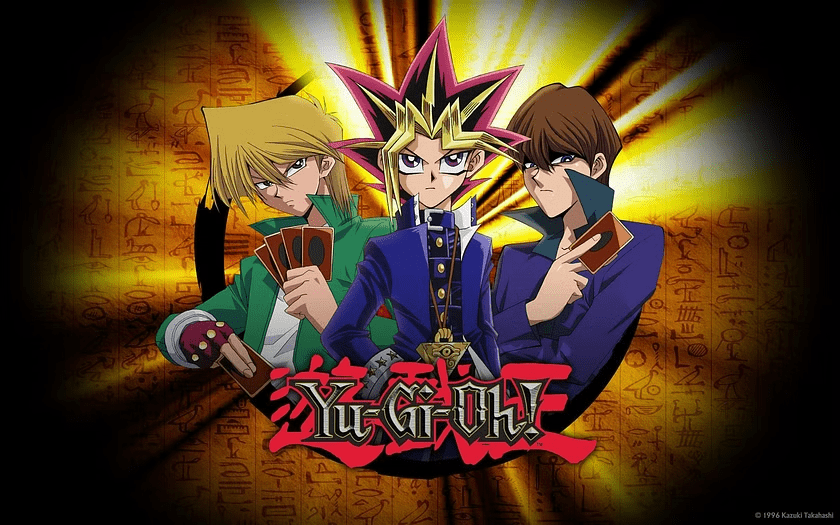

Originally conceived as a series encompassing various games, Yu-Gi-Oh! took an unforeseen turn towards the iconic card game we know today. The anime chose to omit early material unrelated to the card battles, streamlining the narrative for a focused approach. While “season 0” explored the discarded content, subsequent Yu-Gi-Oh! series and spin-offs charted original territories, showcasing the franchise’s adaptability beyond its manga origins.
Soul Eater
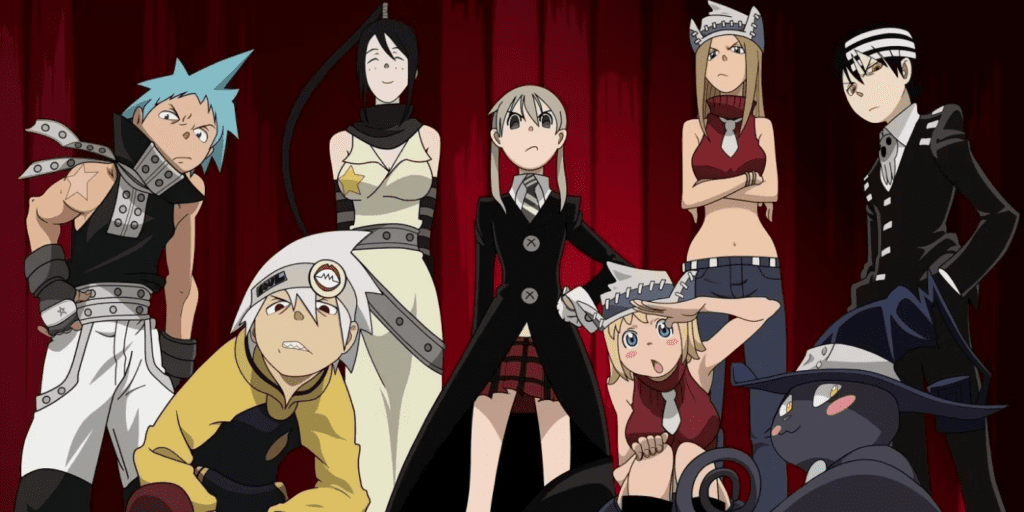

Soul Eater, a captivating supernatural anime, faced a unique challenge when it caught up with the ongoing manga. The series remained faithful until episode 37, where the storyline surpassed the manga releases. This forced the production studio, Bones, to craft an ending of their own. Fans encountered mixed feelings, with some critiquing the ease of the heroes’ triumph, yet others appreciating the anime’s distinct take on character deaths and resolutions.
The Promised Neverland
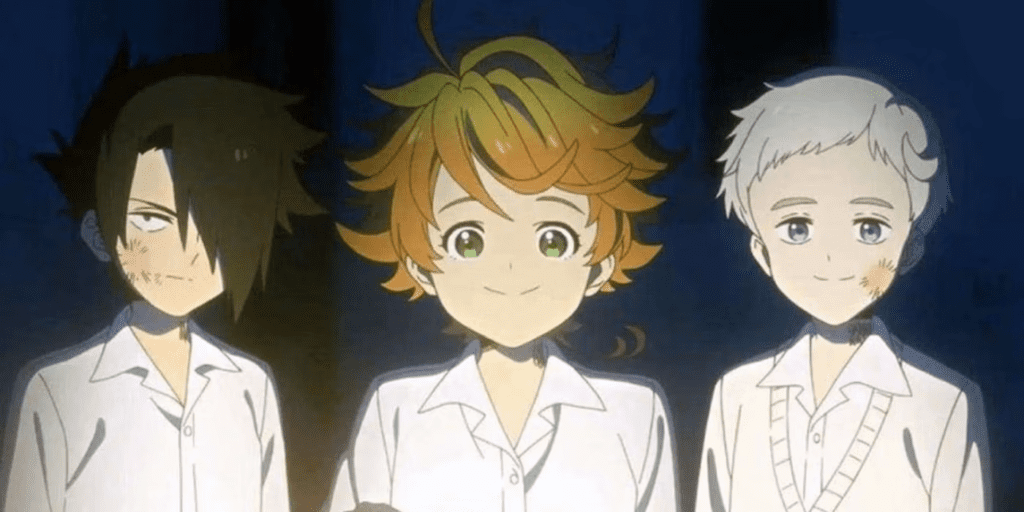

The Promised Neverland, initially a gripping horror anime, underwent a narrative shift in its manga counterpart. As the story progressed beyond the orphanage setting, the anime diverged significantly from the horror theme, alienating some fans. Season 2 faced criticism for its rapid pace and omission of crucial story elements, leaving viewers questioning the decision to stray from the manga’s suspenseful atmosphere.
Bokurano
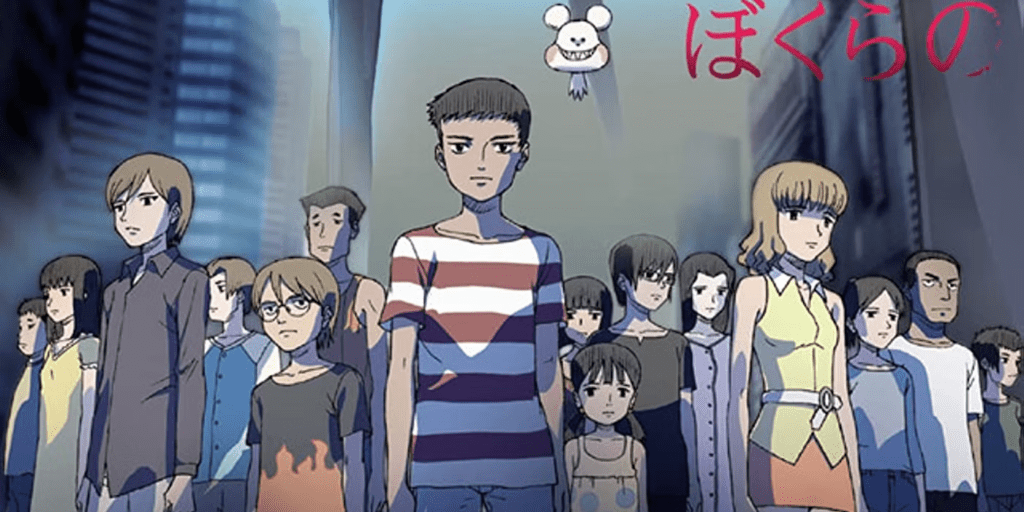

Bokurano, a 2007 mecha anime, stands as a unique divergence driven by the director’s dissatisfaction with the manga’s character and story handling. Hiroyuki Morita, the director, openly encouraged manga fans to avoid the anime, emphasizing his intent to provide an alternative perspective. Despite persistent plot points, Bokurano epitomizes a distinctive “inspired by” approach, embodying the director’s vision separate from the manga’s trajectory.
Trigun
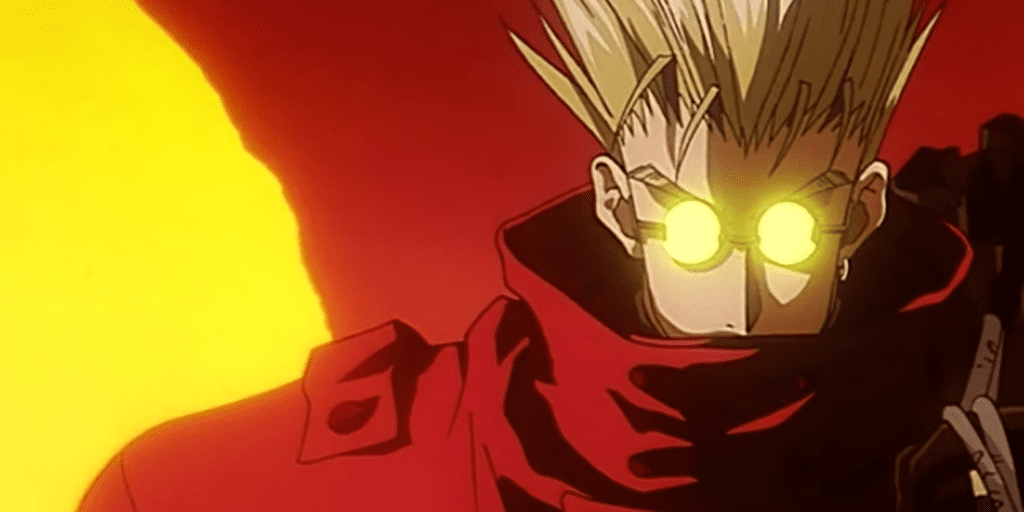

The original 1998 Trigun anime encountered limitations due to the manga’s incomplete state, adapting only a fraction of the available material. With the sequel series, Trigun Maximum, emerging later, nearly a decade of manga content remained untouched. The anime, criticized by some as “filler,” necessitated a prolonged wait for Trigun Stampede, promising a more faithful adaptation after 25 years of anticipation.
Tsubasa Reservoir Chronicle
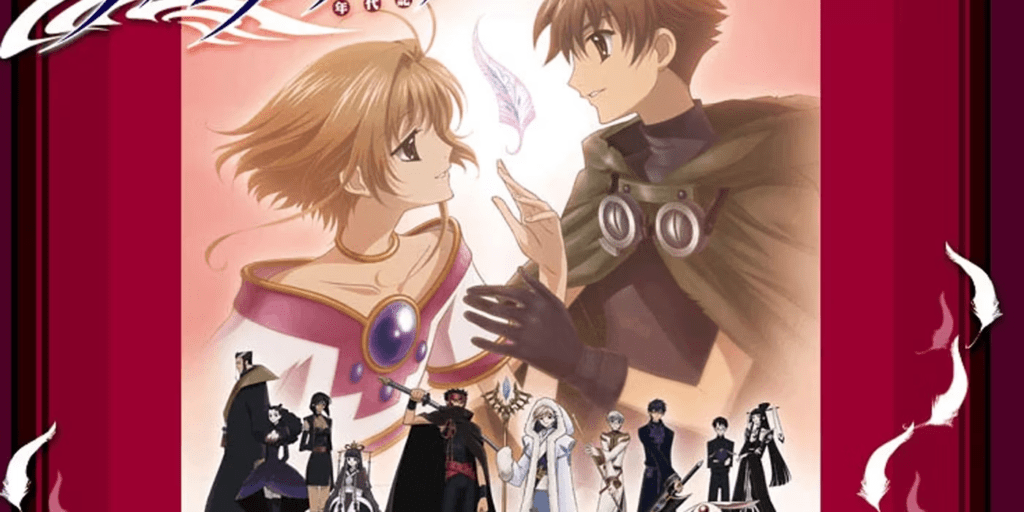

Tsubasa Reservoir Chronicle’s divergence from the manga led to a drastic intervention. Filler content, violating a fundamental element of the series, prompted the series creators, CLAMP, to transfer production rights from Bee Train to Production I.G. The subsequent OVA format sought to salvage the series, rectifying the narrative missteps and adhering more closely to the manga’s established world rules.
Boruto
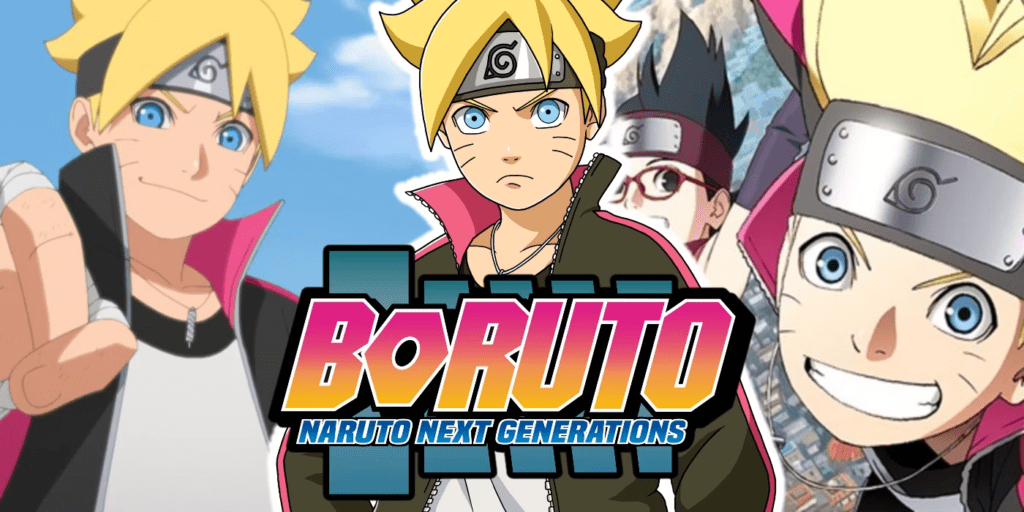

Boruto’s inception as a film diverged significantly from its manga and anime counterparts. The anime, initiated to capitalize on Naruto’s popularity, opted for simultaneous production with the manga, resulting in original story arcs. These arcs, categorized as filler, bought time for the manga to develop a coherent storyline, leading to eventual synchronization between the two mediums.
Tokyo Ghoul
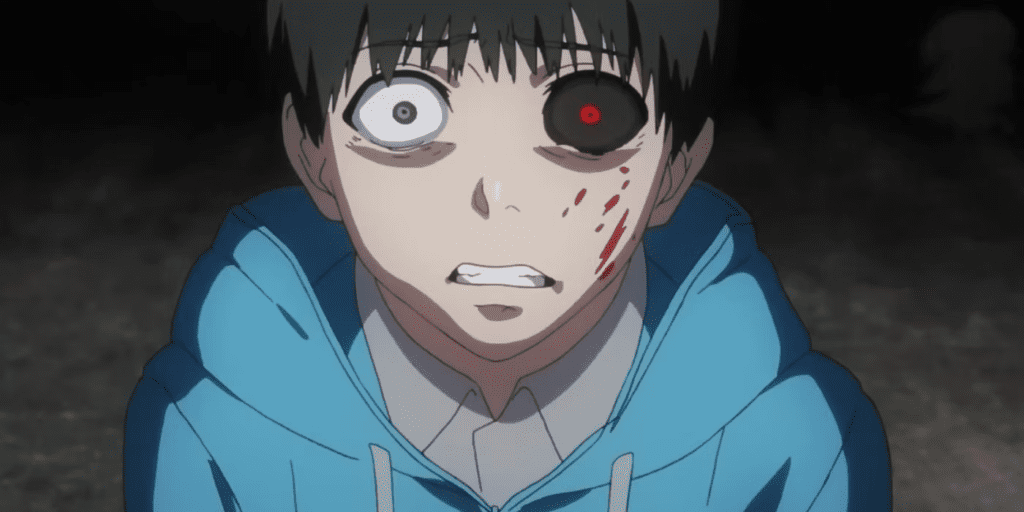

Tokyo Ghoul’s faithful first season veered into uncharted territory with Tokyo Ghoul √A, a largely anime-original second season. Interestingly, the new content, crafted by the original mangaka, blurred the lines of canonicity. The divergence, though met with mixed reviews, showcased the intricate balance between adapting source material and crafting a distinct animated narrative.
Black Butler
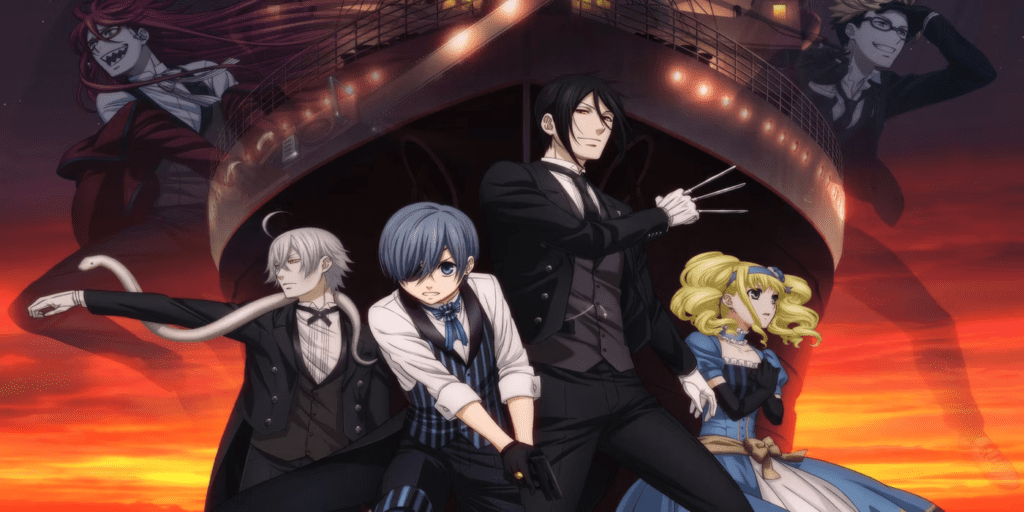

Black Butler, an ongoing manga, defied expectations by diverging early in its first season, forging a distinct storyline. Departing from the manga’s trajectory from the seventh episode, the anime developed its own narrative, with the second season bearing minimal resemblance to the source material. The subsequent return to manga adaptation created a third continuity, adding a layer of complexity to the series.
Fullmetal Alchemist (2003)
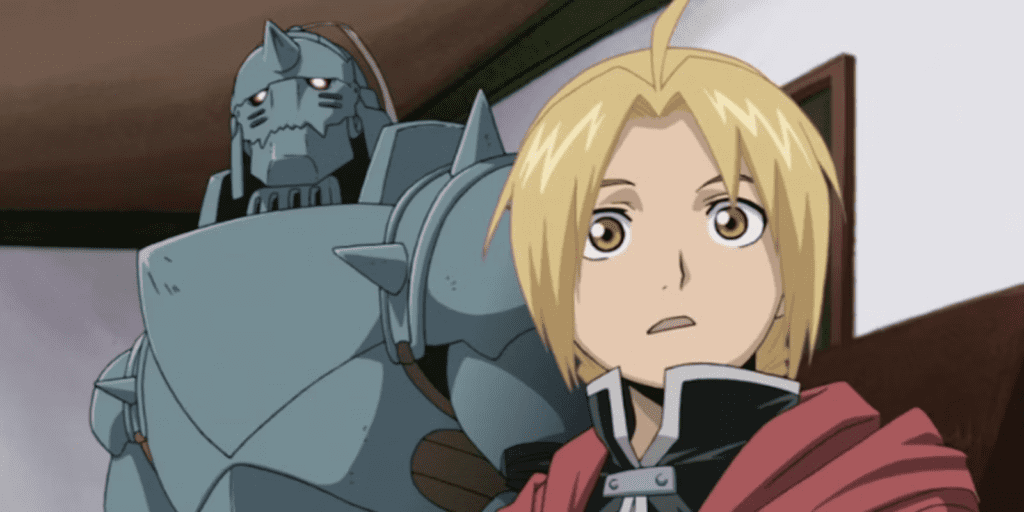

The original Fullmetal Alchemist anime, born out of necessity due to the manga’s early stages, embarked on a path of creative departure after faithfully adapting the initial chapters. Deviating from the manga after episode 30, it crafted a unique narrative, altering character arcs and events. The later adaptation, Fullmetal Alchemist Brotherhood, aimed for manga fidelity, showcasing the evolution of storytelling choices over the two anime iterations.
While deviations from manga can spark debates among fans, these 10 anime adaptations underscore the dynamic nature of storytelling in the anime realm. Whether driven by production constraints, divergent creative visions, or the need for original content, each series stands as a testament to the nuanced relationship between anime and its source material. Despite initial reservations, true fans can appreciate the anime adaptations for their distinctive qualities, acknowledging the diverse narratives that emerge from the vast world of Japanese animation.
Also Read – Unknown Facts About Devil Fruit in One Piece
